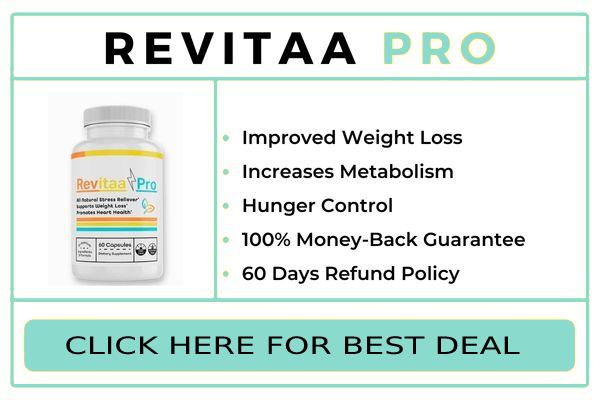HCG Diet
The HCG diet is a weight loss program that involves a combination of a low-calorie diet and injections or supplements of human chorionic gonadotropin (HCG), a hormone produced during pregnancy.
The diet consists of two main phases. The first phase lasts for 2-3 days and involves consuming a high-fat, high-calorie diet to “load” the body with fat stores. After this phase, the second phase begins, which typically lasts for 3-6 weeks and involves consuming a very low-calorie diet of around 500-800 calories per day, along with daily injections or supplements of HCG.
Rapid Weight Loss
Proponents of the HCG diet argue that the hormone helps to suppress hunger and promote fat burning, leading to rapid weight loss. However, critics argue that the diet is too restrictive and can cause nutrient deficiencies, as well as potentially dangerous side effects such as blood clots and ovarian hyperstimulation syndrome (OHSS).
Research on the HCG diet has been mixed, with some studies suggesting that it may promote short-term weight loss, but with no evidence that the HCG hormone itself is responsible for weight loss. The American Society of Bariatric Physicians, the American Medical Association, and the Food and Drug Administration (FDA) have all expressed concern about the safety and efficacy of the HCG diet.
HCG diet is a weight loss program that involves a low-calorie diet and injections or supplements of HCG hormone. While it may offer some short-term weight loss benefits, it is important to approach the diet with caution and to ensure that it is properly balanced in terms of nutrients. Consultation with a healthcare professional or a registered dietitian is recommended before starting the HCG diet or any other dietary approach.
DISCLAIMER:
This information is not presented by a medical practitioner and is for educational and informational purposes only. The content is not intended to be a substitute for professional medical advice, diagnosis, or treatment. Always seek the advice of your physician or other qualified healthcare providers with any questions you may have regarding a medical condition. Never disregard professional medical advice or delay in seeking it because of something you have read.
Since natural and/or dietary supplements are not FDA-approved they must be accompanied by a two-part disclaimer on the product label: that the statement has not been evaluated by FDA and that the product is not intended to “diagnose, treat, cure or prevent any disease.”





